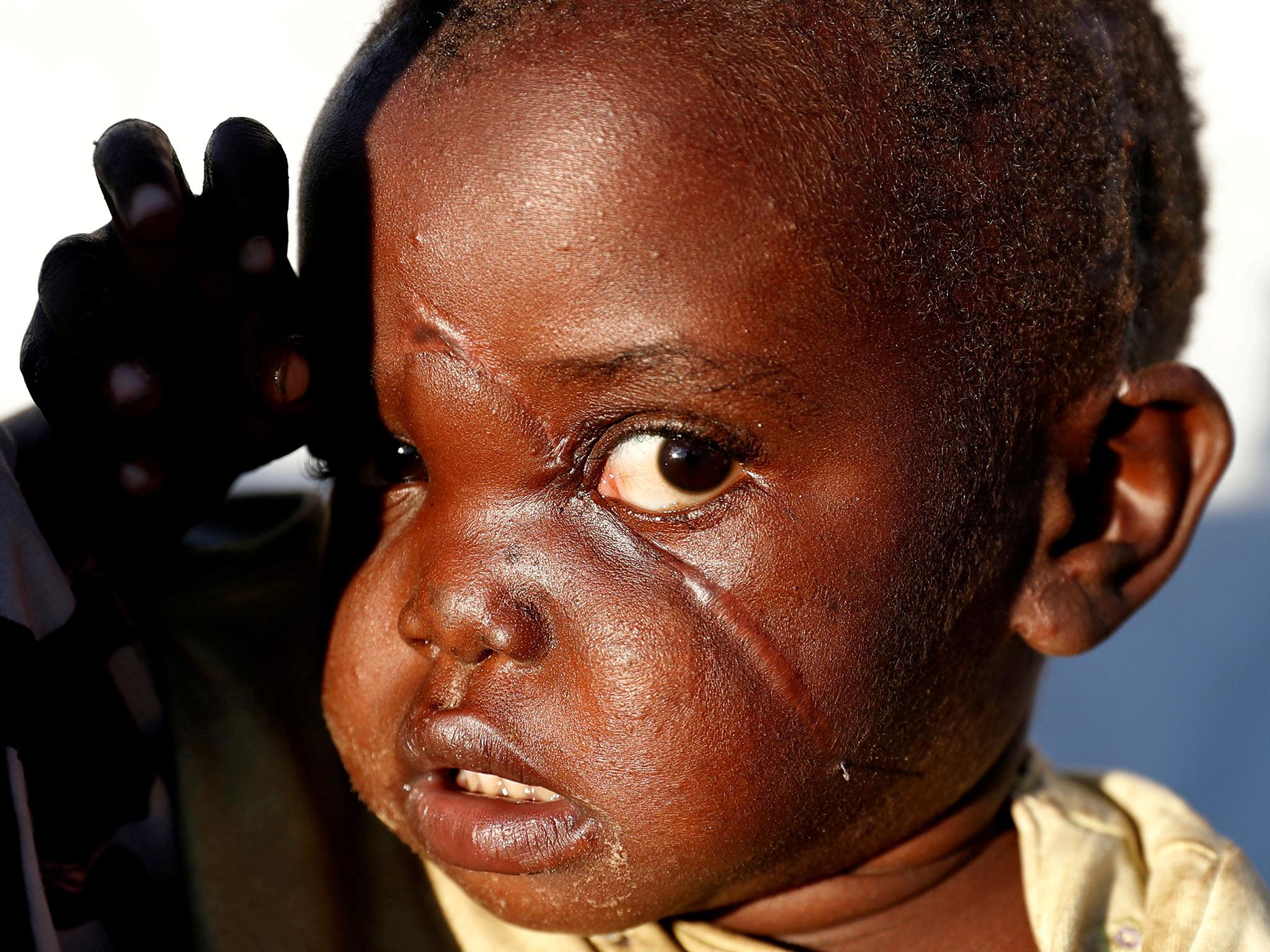'I don't know how to live anymore': Horror and fear grip survivors of Congo's hidden war
Goran Tomasevic captures the true faces of survivors of the Democratic Republic of Congo’s hidden and forgotten war, as they forge new lives as refugees in their own country

Your support helps us to tell the story
From reproductive rights to climate change to Big Tech, The Independent is on the ground when the story is developing. Whether it's investigating the financials of Elon Musk's pro-Trump PAC or producing our latest documentary, 'The A Word', which shines a light on the American women fighting for reproductive rights, we know how important it is to parse out the facts from the messaging.
At such a critical moment in US history, we need reporters on the ground. Your donation allows us to keep sending journalists to speak to both sides of the story.
The Independent is trusted by Americans across the entire political spectrum. And unlike many other quality news outlets, we choose not to lock Americans out of our reporting and analysis with paywalls. We believe quality journalism should be available to everyone, paid for by those who can afford it.
Your support makes all the difference.The attackers came into the village at night wielding machetes. Not even two-year-old Rachele-Ngabausi was spared their violence.
The last thing her 11-year-old sister Mave Grace saw before falling unconscious was men with machetes cutting open their pregnant mother’s belly and killing the unborn child.
When Grace woke she was surrounded by dead bodies. Her left hand was cut off just above the wrist.
“Around us we saw corpses everywhere,” Mave Grace says. Wearing a green patterned dress, she squints into the sun as she holds up her handless arm, the scabs of the stump still not fully healed.
Mave Grace’s home village of Tchee lies in the eastern Ituri region of the Democratic Republic of Congo, where ethnic strife between Hema herders and Lendu farmers has cost untold lives and forced tens of thousands to flee since it started earlier this year.
Information from Ituri is hard to come by since the region is very remote and volatile, but the violence there is driven in part by a breakdown of government authority which has sparked conflict in other parts of the country as well.
President Joseph Kabila’s refusal to leave power at the end of his mandate in 2016 has undermined the legitimacy of the state in the eyes of many Congolese, with deadly consequences.
The United Nations refugee agency UNHCR expects 200,000 refugees to reach Uganda from Ituri this year, stretching limited humanitarian resources there.
Other survivors like Grace and her family have been forced into camps inside Congo.
Mave Grace’s camp, on a hillside on the edge of the town of Bunia, is a sea of makeshift blue and white tarpaulin tents, inside which its temporary residents huddle from regular rainy season downpours, and the cold. Many spend their days praying together for a way out.
Their bodies and faces show what they ran from. Mave Grace’s sister Rachele-Ngabausi bears a diagonal scar that runs from the bottom of her left cheek, past the inside of her left eye and up to her forehead.
Her father, Nyine Richard, is full of despair.
“Even if I go back to my village, I do not know how to live anymore. I have lost all hope.”
Reuters
Join our commenting forum
Join thought-provoking conversations, follow other Independent readers and see their replies
Comments